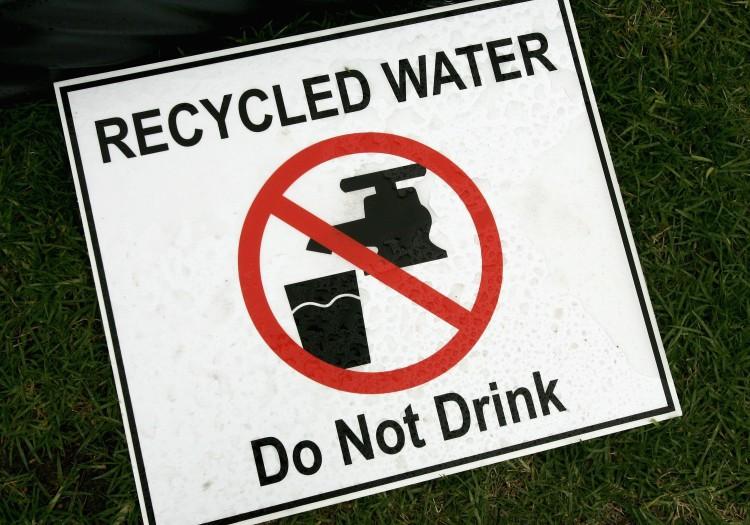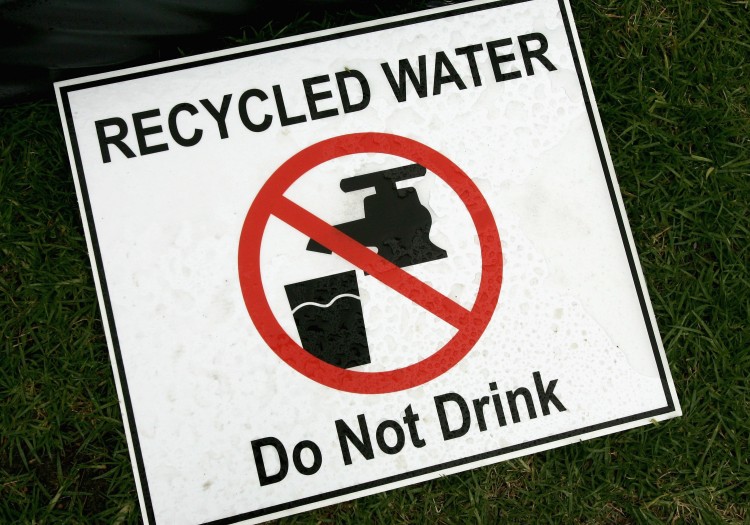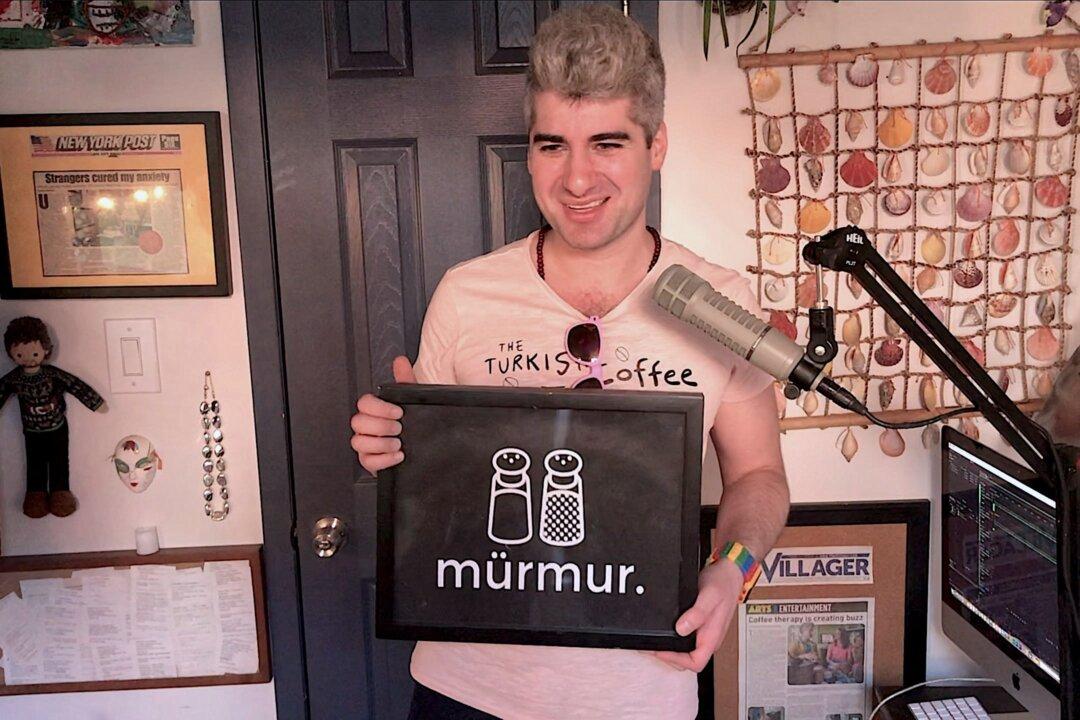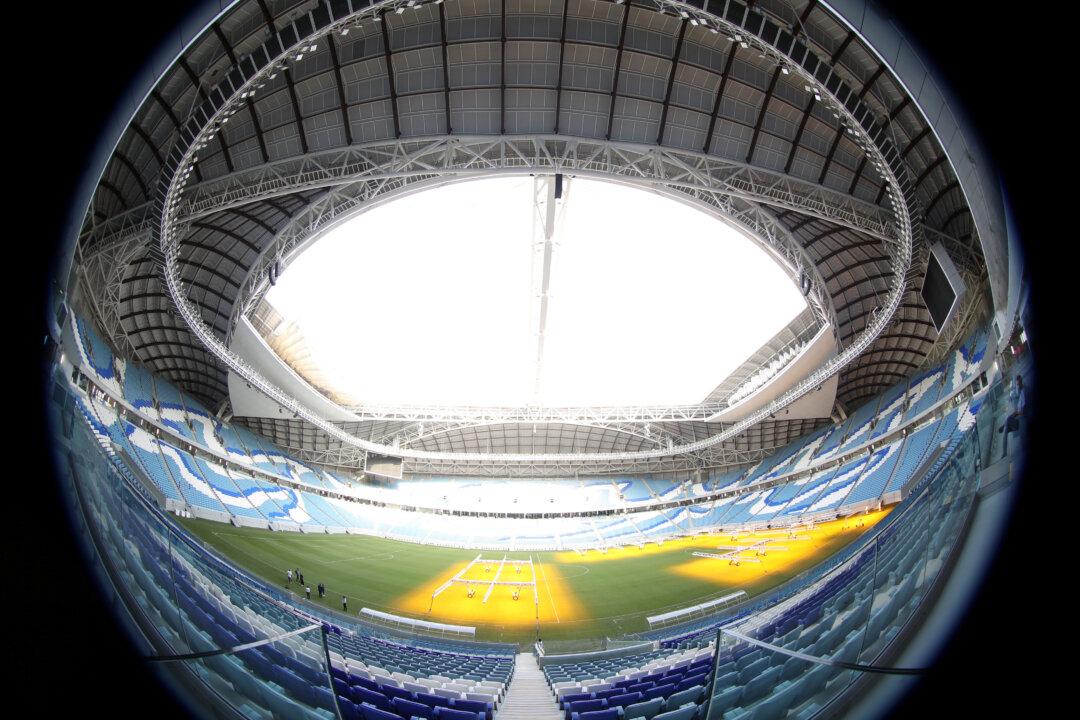SAN FRANCISCO—A new regulation will make it easier for developers of large buildings to collect and reuse water on-site, as adopted by the Board of Supervisors on Tuesday.
The board hopes that these efforts will lead to a “dramatic reduction in the overall water footprint,” according to information released by Supervisor David Chiu’s office.
The city ordinance will create for the first time a clear process for owners and developers of non-residential and multi-family buildings to make “use of alternate water sources for non-potable applications,” while ensuring water quality standards.
Alternate sources include on-site collected rainwater, as well as untreated water from showers, bathroom sinks, and laundry machines. Non-potable water, which is not fit for drinking and food preparation, can be used for irrigation, and flushing of toilets.
One example of an existing system is the new headquarters of the Public Utilities Commission, at 525 Golden Gate Avenue. The building was designed with a focus on water reuse, resulting in a 60 percent reduction in fresh water use. The development is one the nation’s first buildings with an on-site water treatment system, and it also has a rainwater harvesting system that can store up to 250,000 gallons of water for irrigation.
Board of Supervisors President David Chiu, who sponsored the bill, said Tuesday, “We want to make sure that San Francisco remains a model for green living and green working.”
The Non-Potable Water Program was jointly developed by the San Francisco Public Utilities Commission and the Department of Building Inspection.
To install systems to capture and re-use water under the new law owners and developers would need to obtain a permit from the San Francisco Director of Public Health, and pay a fee. Additionally, the system needs to meet certain design criteria and has to ensure regular monitoring of water quality.
Existing buildings would have to undergo a plumbing retrofit, since two sets of pipes are required, one carrying drinking water, and one for non-potable water.
For single-family residences, the San Francisco Public Utilities Commission already has programs in place, allowing owners to upgrade their homes for the use of non-potable water.
The ordinance passed at first reading at the Board of Supervisors meeting Sept. 4, after it was approved at the board’s Land Use and Economic Development Committee the day prior.
On-site water collection and reuse has become a cutting-edge sustainable building technology in many cities to reduce pressure on natural water resources. Among others, New York City, Portland, and Sydney are in favor of this technology, while Tokyo has made it a requirement for new developments.
The Epoch Times publishes in 35 countries and in 19 languages. Subscribe to our e-newsletter.





